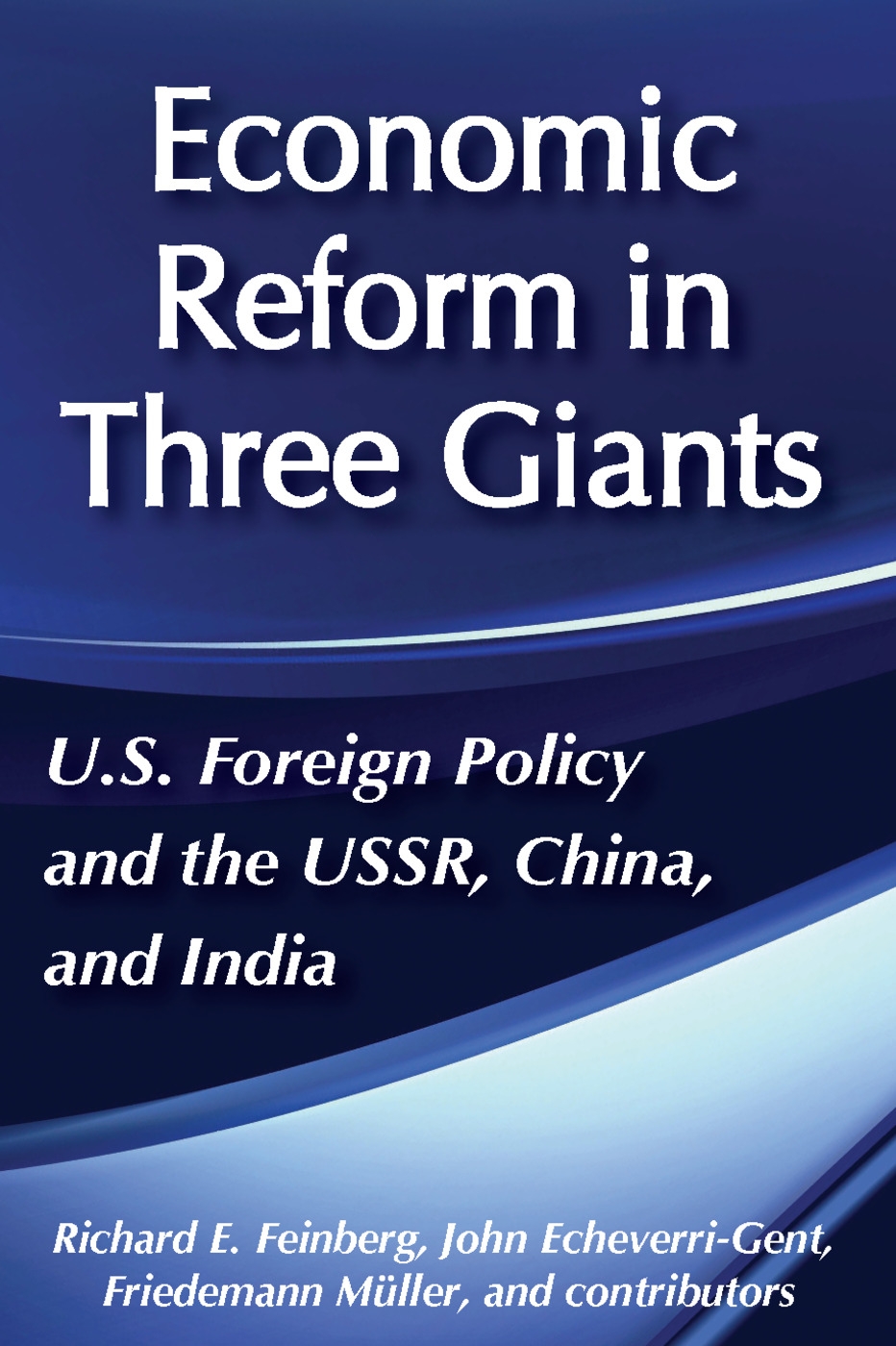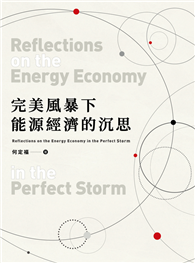Three of the largest and strategically most important nations in the world -the Soviet Union, China, and India - are currently in the throes of historic change. The reforms in the giants are transforming global economic and geopolitical relations. The United States must reexamine central tenets of its foreign policy if it is to seize the opportunities presented by these changes.This pathbreaking volume in the Overseas Development Council’s series analyzes economic reform in the giants and its implications for U.S. foreign policy. Each of the giants is opening up its economy to foreign trade and investment. What consequences will this have for international trade? Each giant is attempting to catch up to global technological frontiers by absorbing foreign technologies: In what areas might cooperation enhance American interests, and in what areas must the U.S. protect its competitive and strategic assets? What role can key international economic institutions play to help integrate the giants into the international economy? The contributors suggest how U.S. foreign policy should anticipate these new circumstances in ways that enhance international cooperation and security.Contents: "Overview: Economic Reform in the Giants and U.S. Policy," by Richard E. Feinberg, John Echeverri-Gent, and Friedemann Miiller; "Economic Reform in the USSR," by Friedemann Miiller; "Economic Reform in China," by Rensselaer W. Lee III; "Economic Reform in India," by John Echeverri-Gent; "The Politics of Economic Reform in the Giants," by John Echeverri-Gent, and Friedemann Miiller; "Economic Reforms and International Trade," by Thomas Naylor; "Technology Transfer to the Giants: Opportunities and Challenges," by Richard P. Suttmeier; and "The Geopolitical Consequences of Reform in the Giants," by Elena Borisovna Arefieva.
| FindBook |
有 1 項符合
Economic Reform in Three Giants: U.S. Foreign Policy and the Ussr, China and India的圖書 |
 |
Economic Reform in Three Giants: U.S. Foreign Policy and the Ussr, China and India 作者:Feinberg 出版社:Routledge 出版日期:1990-03-01 語言:英文 規格:精裝 / 256頁 / 普通級/ 初版 |
| 圖書館借閱 |
| 國家圖書館 | 全國圖書書目資訊網 | 國立公共資訊圖書館 | 電子書服務平台 | MetaCat 跨館整合查詢 |
| 臺北市立圖書館 | 新北市立圖書館 | 基隆市公共圖書館 | 桃園市立圖書館 | 新竹縣公共圖書館 |
| 苗栗縣立圖書館 | 臺中市立圖書館 | 彰化縣公共圖書館 | 南投縣文化局 | 雲林縣公共圖書館 |
| 嘉義縣圖書館 | 臺南市立圖書館 | 高雄市立圖書館 | 屏東縣公共圖書館 | 宜蘭縣公共圖書館 |
| 花蓮縣文化局 | 臺東縣文化處 |
|
|
圖書介紹 - 資料來源:博客來 評分:
圖書名稱:Economic Reform in Three Giants: U.S. Foreign Policy and the Ussr, China and India
|










